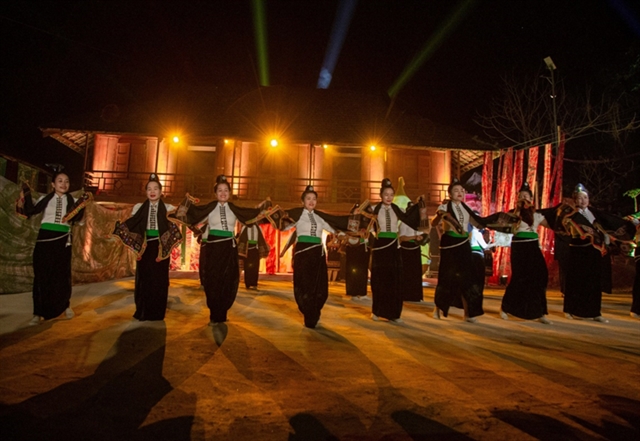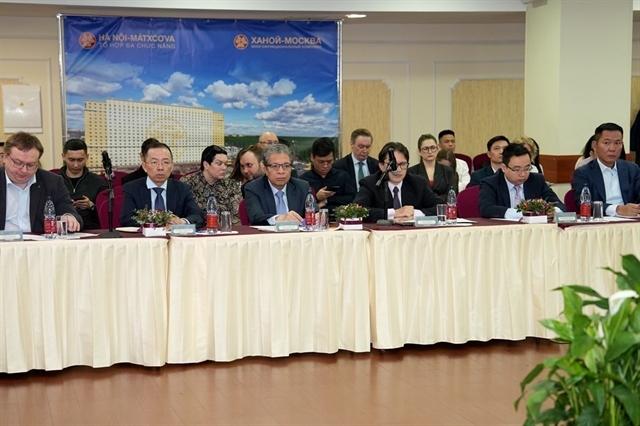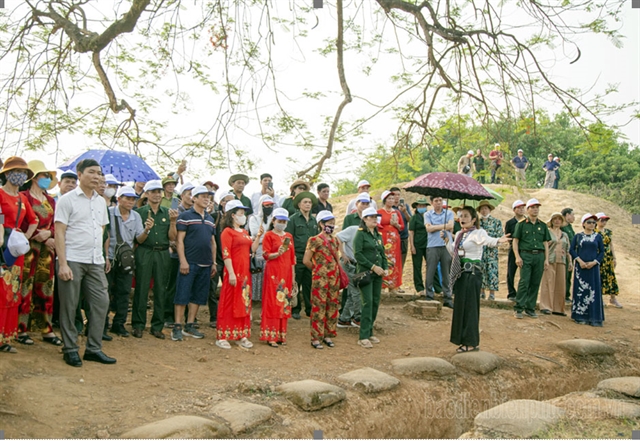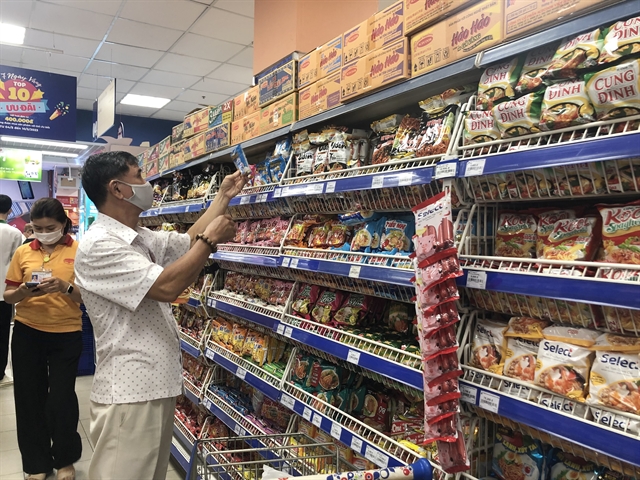

Foreign mediators trying to bring crisis-hit Venezuela back from the abyss announced on Thursday a bid to get embattled President Nicolas Maduro's government and the opposition to sit down for talks.
CARACAS - Foreign mediators trying to bring crisis-hit Venezuela back from the abyss announced on Thursday a bid to get embattled President Nicolas Maduro’s government and the opposition to sit down for talks.
But the "national dialogue" initiative, unveiled by former Spanish prime minister Jose Luis Rodriguez Zapatero in a Caracas news conference, will be an uphill battle given the unrelenting antagonism and obstinancy shown so far by both sides, and Venezuela’s economic meltdown.
Indeed, both sides dug in hours after the talks were announced.
"It is a long, hard and difficult path," Zapatero admitted, urging support from the international community.
"We must be prudent" about the chances of success, he said.
The opposition coalition issued a statement saying the talks must focus on a recall referendum that it is orchestrating against Maduro.
Maduro has previously dismissed the proposed vote as "not valid" and vowed it will not go ahead.
On the mediated talks, he said on Thursday evening he hoped they would lead the opposition to drop their "coup-oriented attitude."
Maduro said it remains to be seen if the opposition "will collaborate in a process of dialogue so the country can overcome its problems and we Venezuelans can move forward in peace."
The attempted mediation is taking place under a national state of emergency ordered by Maduro but rejected by the opposition-controlled congress.
The decree gives sweeping powers to security forces to impose public order and help distribute food in a country plagued by shortages of basic goods like soap and toilet paper.
The Supreme Court upheld the order as constitutional Thursday evening "given the extraordinary social, economic, political, natural and ecological circumstances that are gravely affecting the national economy."
On Friday and Saturday, Venezuela’s military will also be conducting war games ordered by Maduro to show preparedness against what he says are mounting internal and foreign security threats, particularly from the United States.
Zapatero is leading the mediation team, which also comprises the former presidents of Panama and the Dominican Republic, Martin Torrijos and Leonel Fernandez.
They have been in Caracas since Tuesday, at the invitation of Maduro. On Thursday they had separate meetings with the Venezuelan president and with opposition leaders.
Protests back recall vote
Operating under the aegis of the Union of South American Nations, a body meant to defuse regional crises and promote cooperation, they were to have participated in a "truth commission" set up last month by Maduro.
But their remit changed with the climbing political tensions. On Wednesday, anti-Maduro protests in two dozen Venezuelan cities including Caracas resulted in some 30 arrests and half a dozen police reportedly injured.
In the capital, riot police fired tear gas to prevent some 1,000 protesters from reaching the National Electoral Council (CNE) to demand it validate a petition meant to trigger the recall referendum.
The opposition says there are more than 1.8 million signatures on the petition -- far more than needed for the vote to take place -- and accuses the CNE of stalling.
The opposition leader has called on the army to join his side and for the public to defy Maduro’s state of emergency.
The Venezuelan president has vowed to harden the emergency measures if violence challenges his authority. -- AFP




